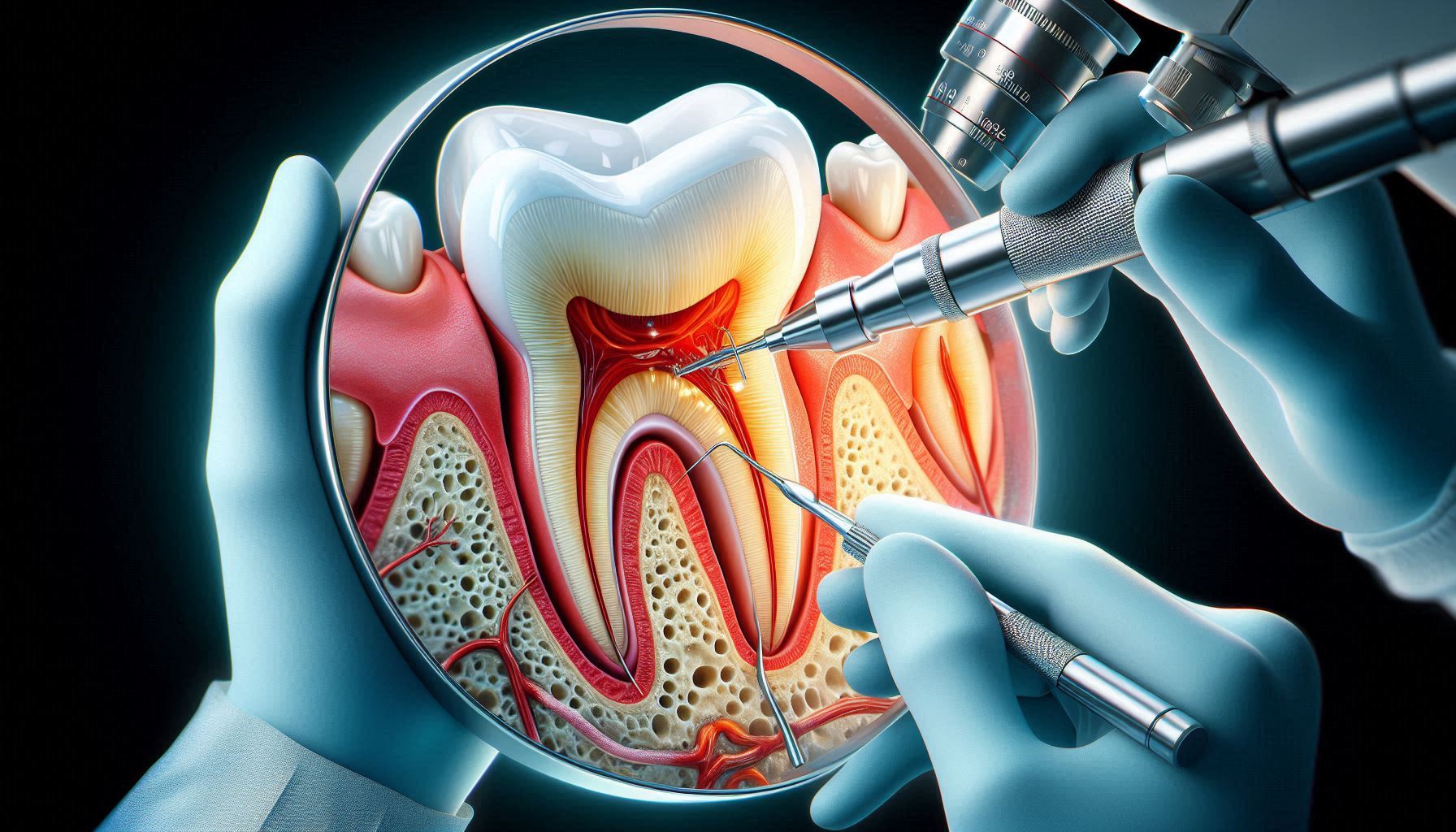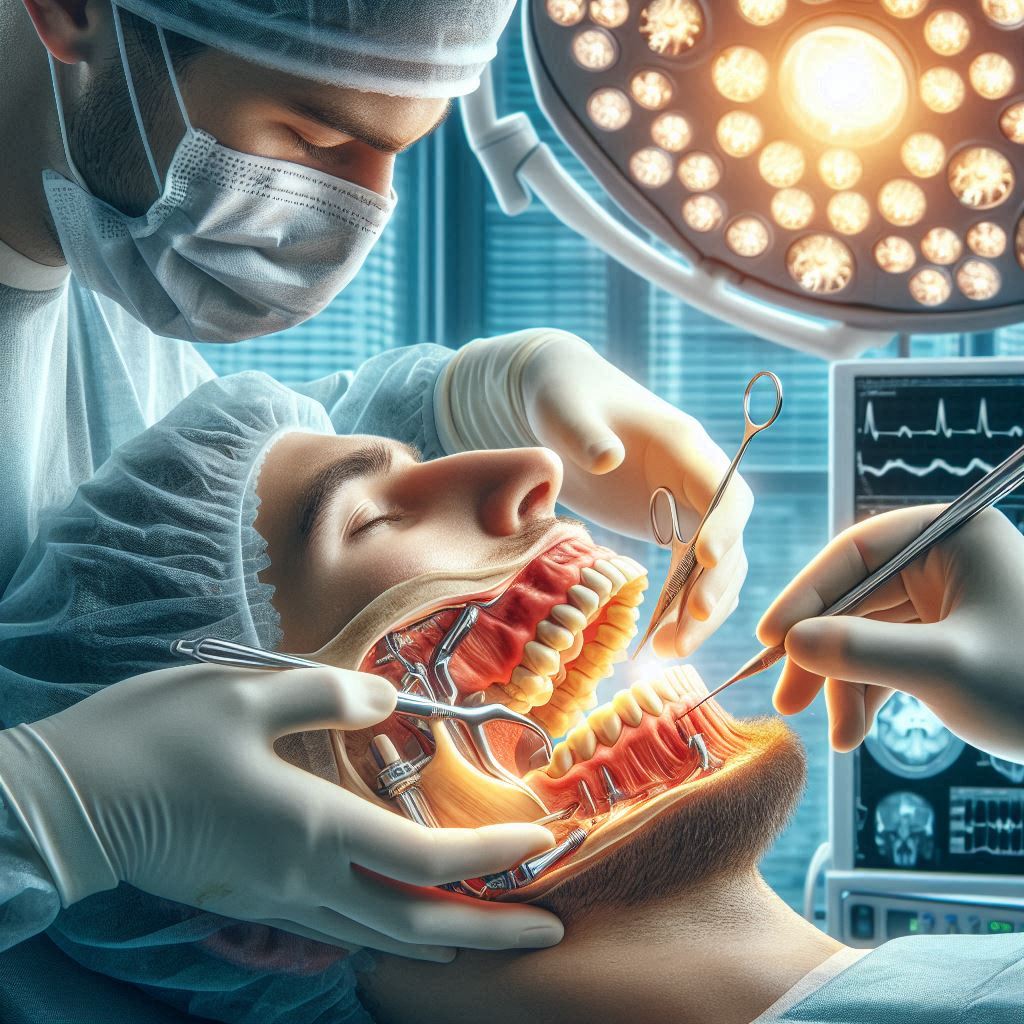Endodontie

Specialized Care for Tooth Preservation
Endodontics is a dental specialty focusing on the treatment of dental pulp and surrounding tissues. Root canal therapy is the most common procedure performed, aimed at saving natural teeth that have become infected or damaged.
- Root Canal Therapy: This procedure removes infected pulp, cleans the root canal, and seals it to prevent further infection. It is essential for saving a tooth that would otherwise need to be extracted.
- Endodontic Retreatment: A second chance for previously treated teeth that have developed new issues, involving re-cleaning and sealing of the root canal.
- Apicoectomy: Surgical removal of the tooth root tip to treat persistent infections that do not respond to conventional root canal therapy.


Common Indications for Endodontic Treatment:
- Severe toothache or sensitivity to hot and cold that does not subside.
- Swelling or tenderness in the gums, often accompanied by visible signs of infection.
- Darkening of the tooth, indicating potential pulp damage or necrosis.
Benefits:
- Preservation of natural teeth, preventing the need for extractions and subsequent restorations like bridges or dentures.
- Relief from pain and discomfort associated with pulp infections, allowing patients to resume normal activities.
- Restoration of tooth function and appearance with crowns after treatment, enhancing aesthetics.
Recovery and Aftercare:
- Post-treatment discomfort can be managed with over-the-counter pain relief medications or prescribed analgesics.
- Patients are advised to maintain good oral hygiene to support healing and prevent reinfection.
- Regular check-ups are crucial to monitor the health of the treated tooth and surrounding tissues, ensuring long-term success.
Endodontics Healing Stages
Healing after endodontic treatment, particularly root canal therapy, typically involves a few stages. Most patients experience minimal downtime, with a focus on managing discomfort and preventing infection.
| Stage | Description of Process | Duration |
|---|---|---|
| Root Canal Procedure | The dentist removes the infected pulp and cleans the root canal, sealing it afterward. | 1-2 hours |
| Initial Recovery | Patients may experience some discomfort, which can be managed with pain relievers. | 1-3 days |
| Healing of Tissues | The surrounding tissues begin to heal as inflammation subsides; dental crowns may be placed. | 1-2 weeks |
| Follow-Up Visit | A check-up is scheduled to ensure the success of the treatment and proper healing. | 2-4 weeks |
Dental
Services
Your smile is our priority. We offer personalized, high-quality dental care designed to enhance your oral health and boost your confidence.
Book an Appointment